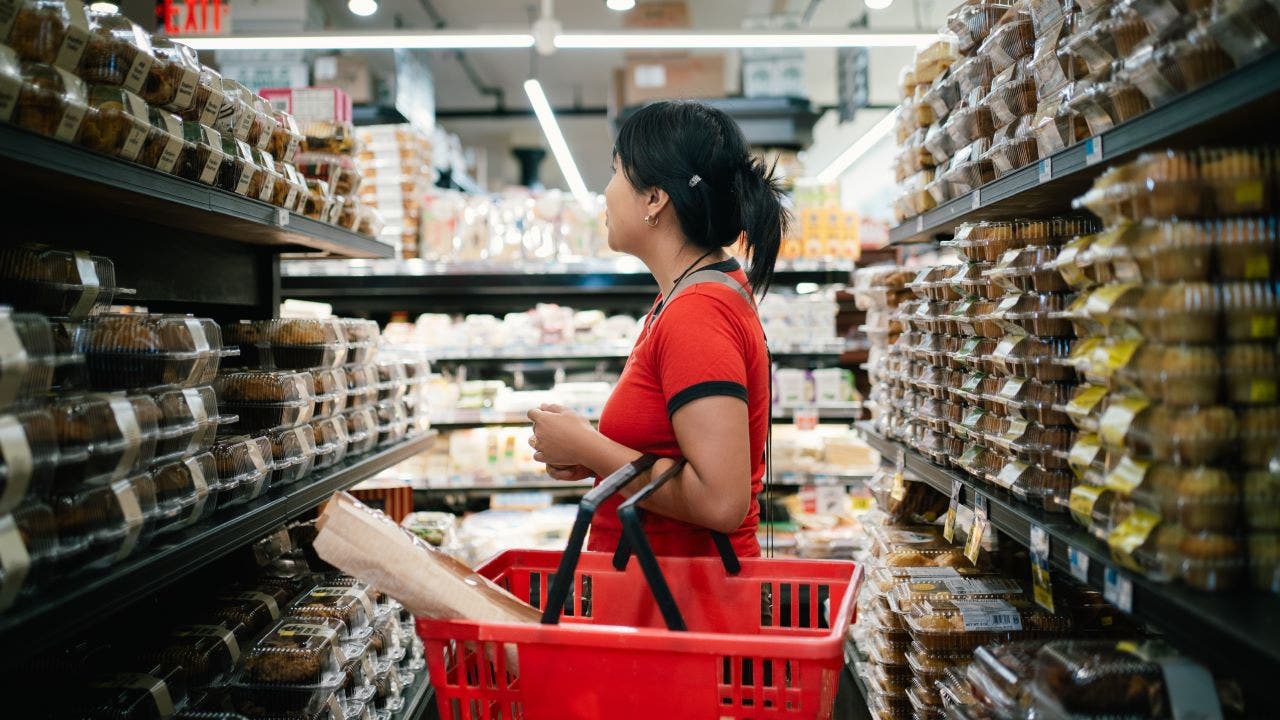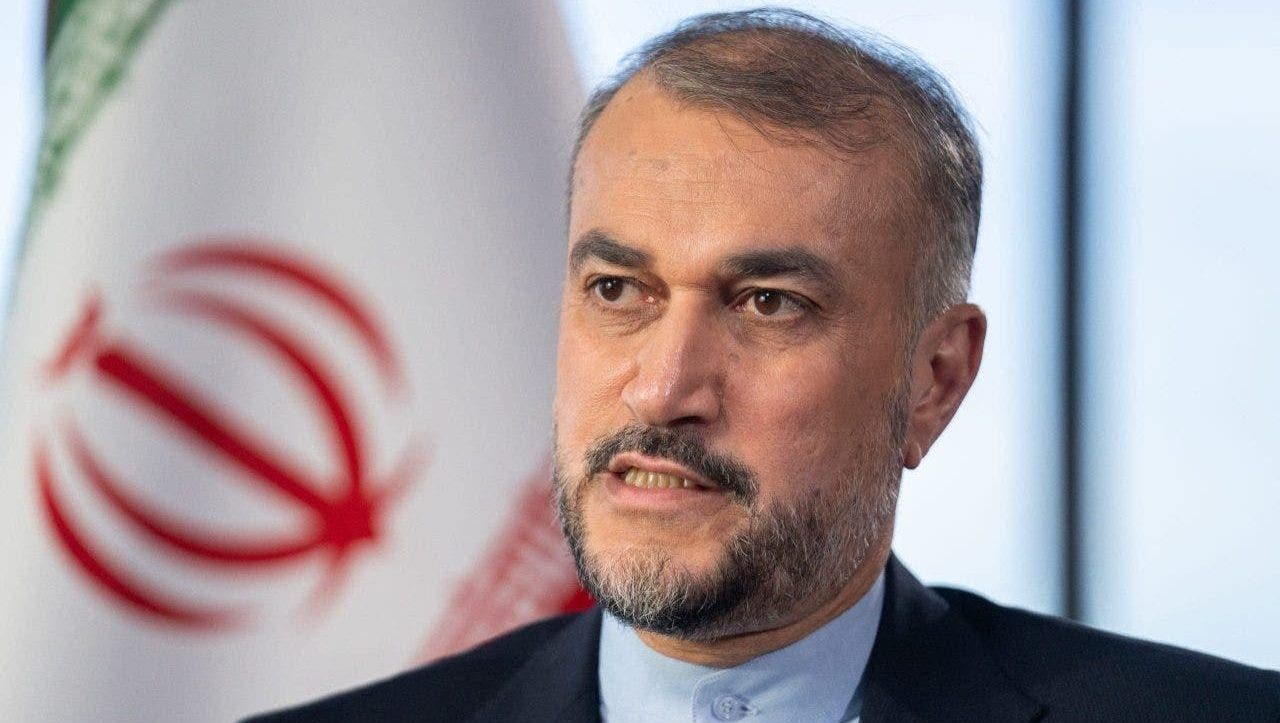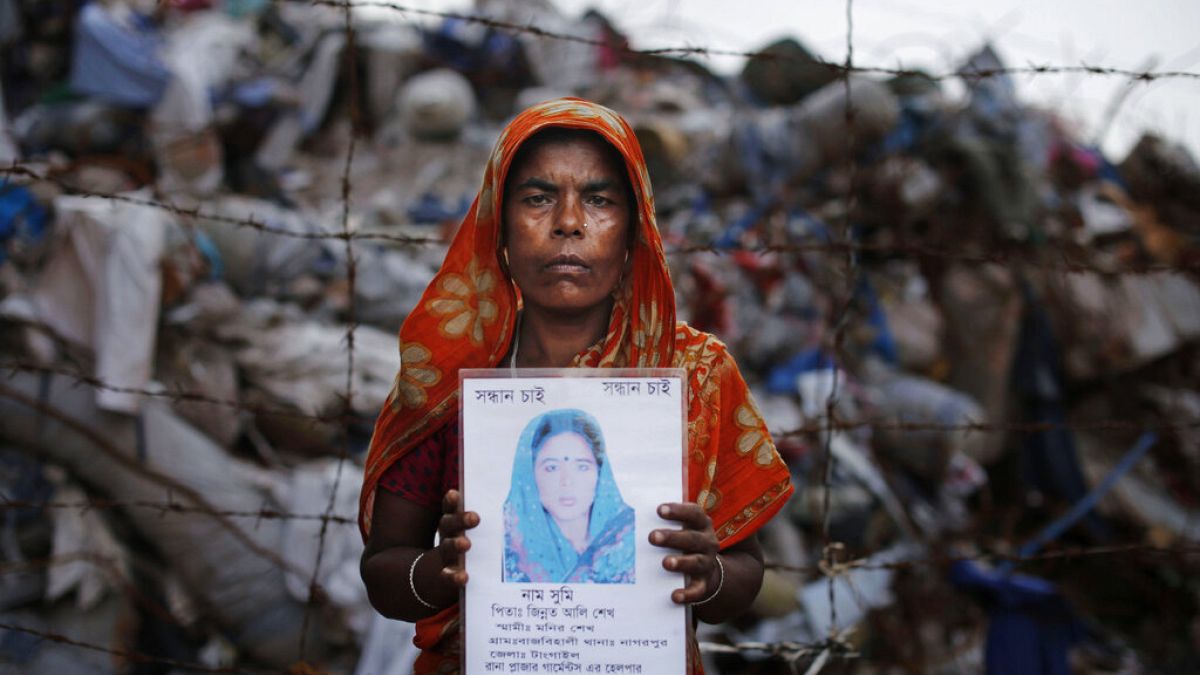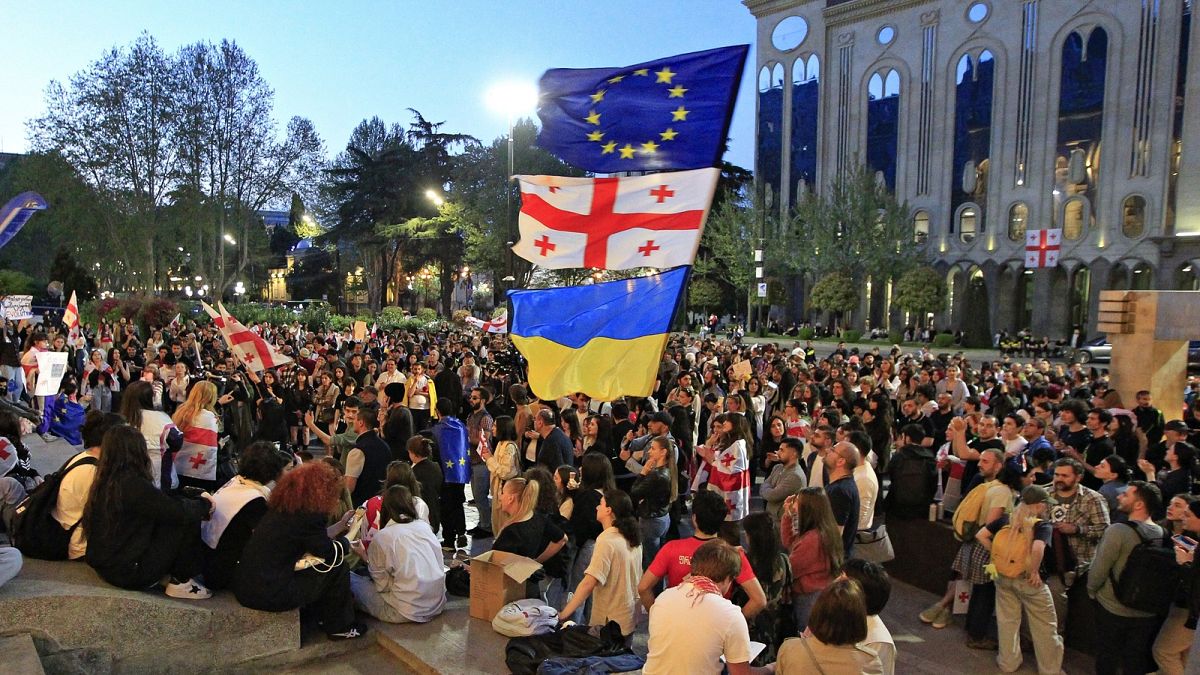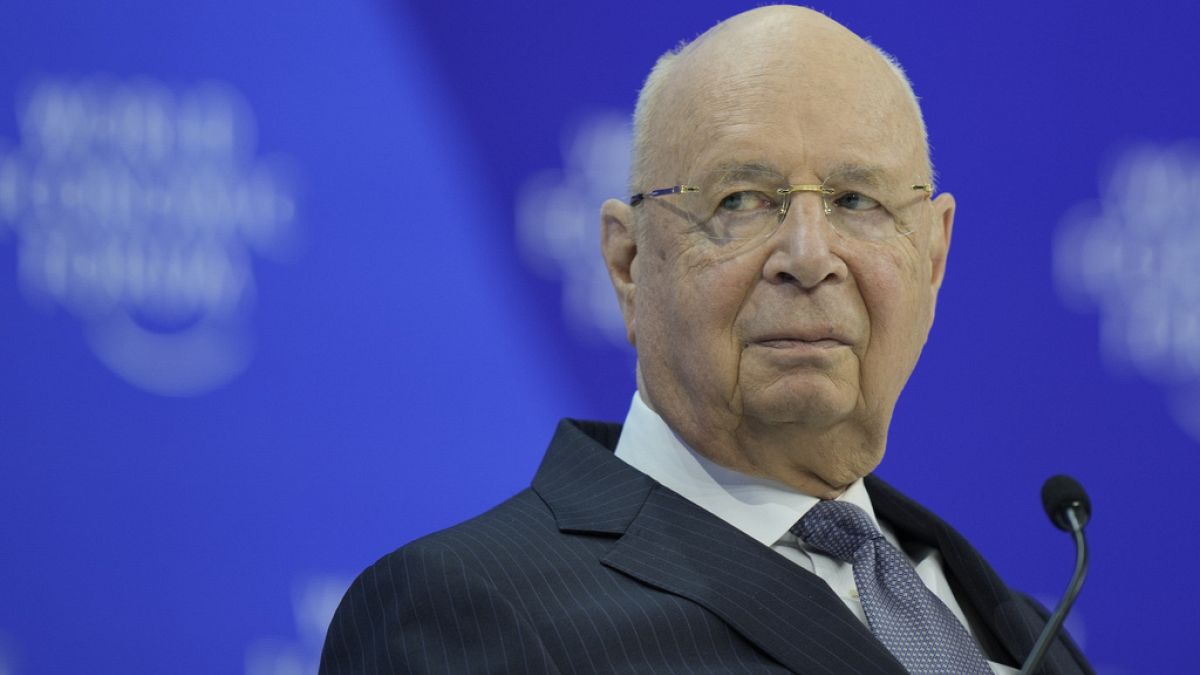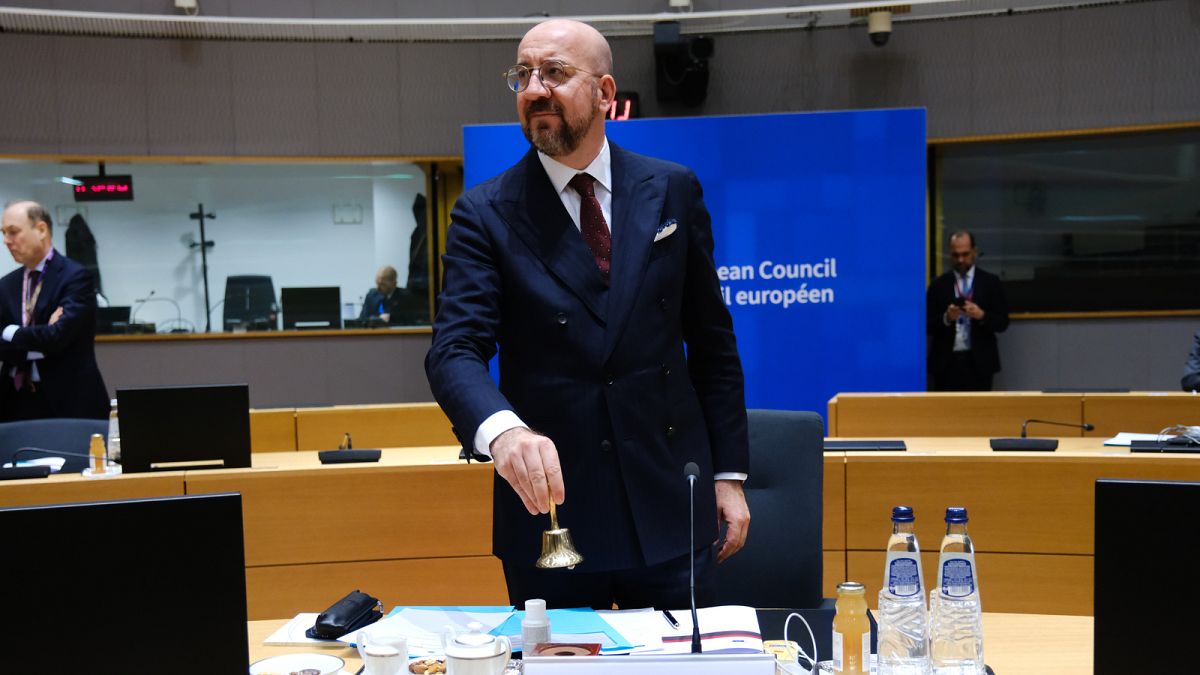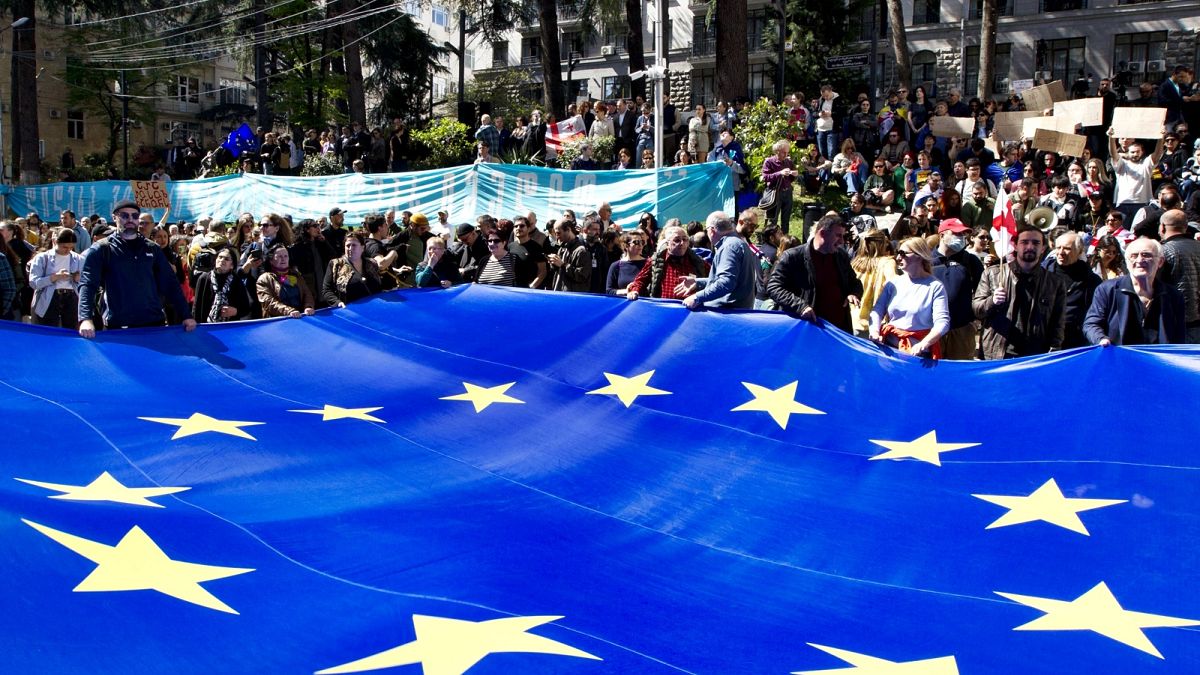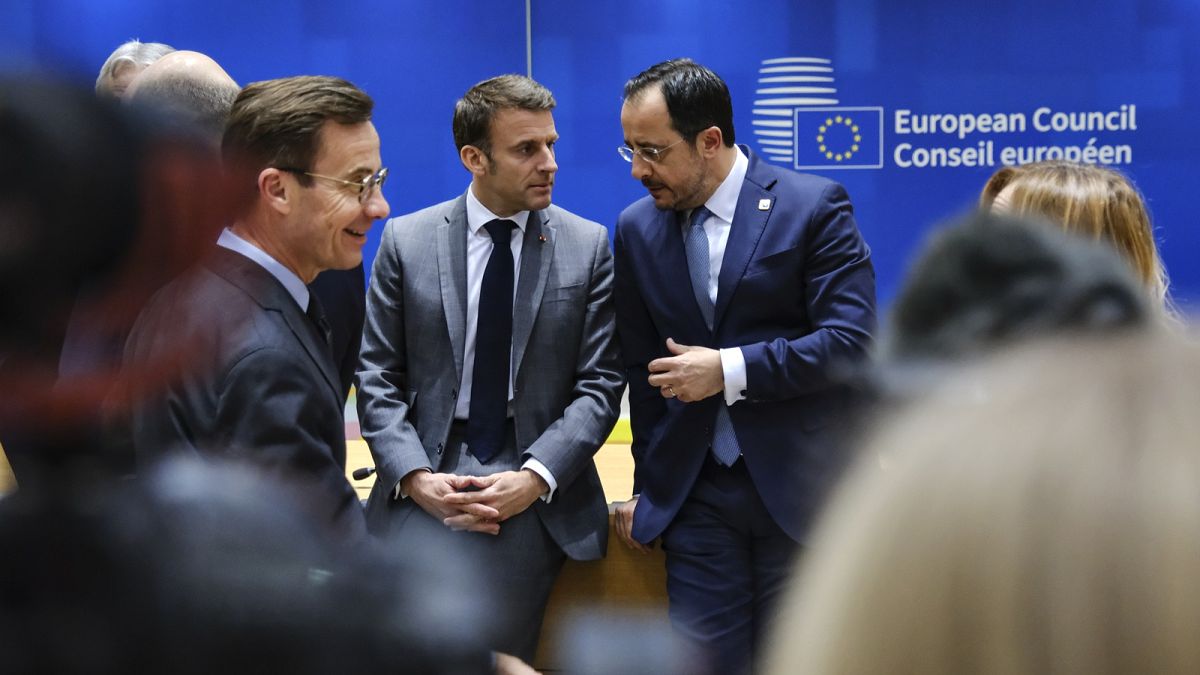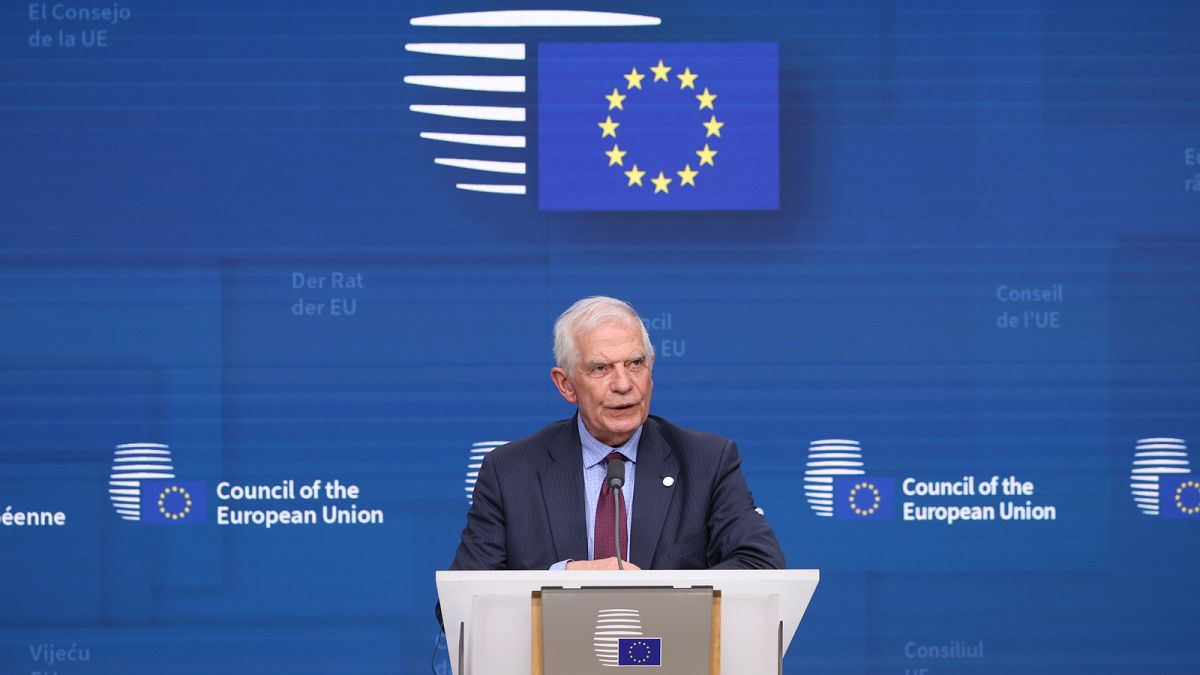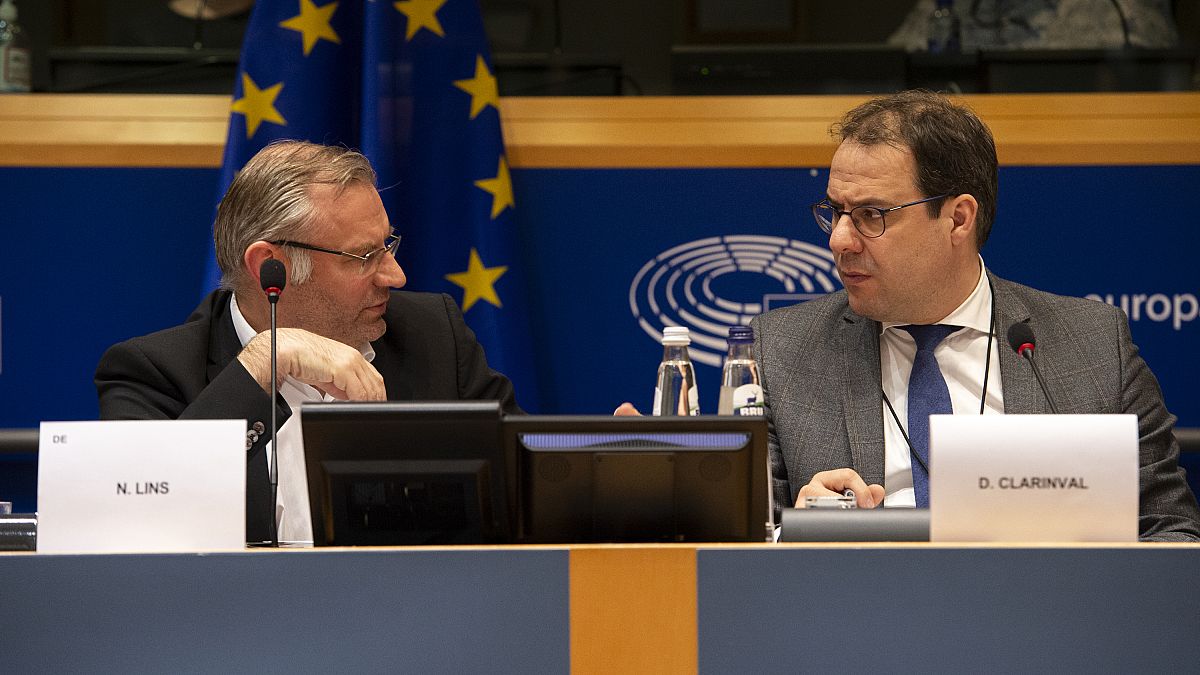A new law requiring companies to check supply chains for slavery and pollution failed to overcome qualms from Rome and Berlin.
New EU rules requiring companies to check supply chains for environmental and social issues now appear in jeopardy, after Germany and Italy appear to have blocked them in a secret vote by diplomats.
The draft Corporate Sustainability Due Diligence Directive requires firms to ensure their business model is consistent with limiting global warming to 1.5 degrees Celsius, and lets trade unions and non-government organisations bring legal claims for breaches.
But “the necessary support wasn’t found” at a meeting of national ambassadors, said a post on X by the Belgian presidency, which is currently chairing talks in the EU’s Council. “We now have to consider the state of play and will see if it’s possible to address the concerns put forward by Member States.”
Proponents hoped the measure would pass into law before European elections due in June, after a political deal was struck between MEPs and governments in December.
But that seems in doubt after last minute red-tape concerns were raised by Germany’s liberal finance minister Christian Lindner, to the chagrin of his own left-wing coalition partners.
Though the vote was held behind closed doors with no official record released, other sceptics included Austria, Bulgaria, Czechia, Estonia, Finland, Hungary, Italy, Luxembourg, Lithuania, Malta, Slovakia and Sweden.
According to a post on X made by MEP Manon Aubry (France/The Left), the French government had also proposed last-minute changes to apply the law only to companies with more than 5000 staff, cutting the number of businesses covered by 90%.
A spokesperson for the French government did not immediately respond to a request for comment on whether it supported the existing text.
Lara Wolters (Netherlands/Socialists and Democrats), who led negotiations for the European Parliament, said national governments were playing “political games” ahead of the elections.
“Member states are protecting all those companies that prefer not to take a close look at what is happening in their global supply chains,” Wolters said in a statement, citing smartphones that use cobalt from Congolese child labour, and soy products made in Brazilian rainforests.
“We urge the Council to stick to its commitments and find a solution to resolve this issue before the end of the current mandate,” she added.
Activists are now concerned over the idea that the legislation would now either be renegotiated, causing significant delays, or abandoned all together – not least given that the next parliament will likely swing to the right.
“Putting it frankly, time is running out now to find any deal in this parliament mandate,” said Richard Gardiner, head of EU policy at the World Benchmarking Alliance. “It seems it’s now or never to get this done.”
Those concerns are shared by environmental and human rights activists, who believe the directive means greater consistency for firms operating in the EU’s single market.
The delay will “disregard the lives, communities, and ecosystems affected by destructive business practices”, Uku Lilleväli, Sustainable Finance Policy Officer at green lobby group WWF, said in a statement.
The move could also undermine the EU’s credibility as a legislator, he added – following an earlier episode where Germany sought to stymie a ban on petrol and diesel car sales that had already been tentatively agreed.
